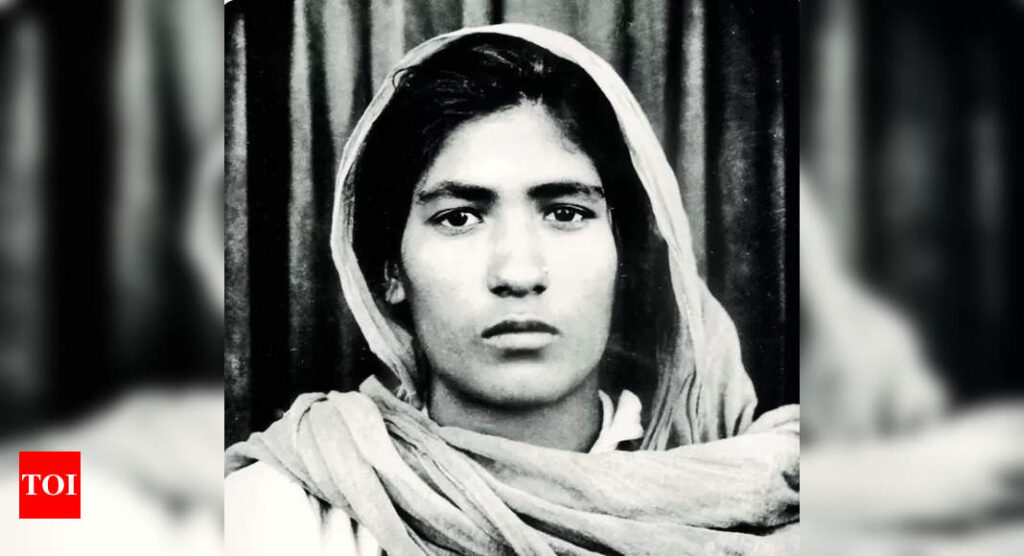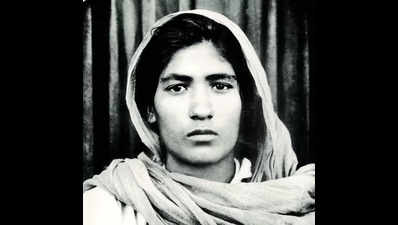Gulab Kaur: The Unsung Heroine of the Ghadar Movement Honored | Chandigarh News

BATHINDA: The legacy of Ghadarite revolutionary Gulab Kaur remains largely undocumented, but her fearless contribution to India’s fight for independence cannot be overlooked. At a time when women’s empowerment was a distant concept, she defied societal norms and took up the revolutionary cause more than a century ago.
In 1914, as a ship was set to depart from Manila for India, Gulab Kaur made a life-altering decision. Her husband, Mann Singh, withdrew from their plan to return to India and attempted to persuade her to join him in the US instead. She boarded the vessel alone, determined to stand alongside revolutionaries, and later worked closely with Kartar Singh Sarabha before being implicated in Lahore Conspiracy case of 1915.
Sarabha and other revolutionaries were executed subsequently, while records of Gulab Kaur’s death remain conflicting. While many sources, including Google, report her passing away in 1941, historical accounts indicate she died in 1925. To shed light on her remarkable life, the Punjab Lok Sabhyacharak (Puls) Manch will observe 2025 as the centenary year of her death. Born in 1890 at Bakhshiwala village of Punjab’s Sangrur district, Gulab Kaur was married to Mann Singh of Jakhepal. Search of better opportunities took the couple to Manila in hopes of migrating to the US but encountering the Ghadar Party – Indian expatriates’ resistance group against the British rule – altered their life.
Inspired by their mission, Gulab and Mann enlisted, but when it was time to board the SS Korea for India, her husband backed out, while a resolute Gulab continued the journey with 50-odd Ghadarites, assuming a false identity as the wife of Jiwan Singh Daulewala to evade intelligence agencies. Upon her return to India, she joined revolutionary activities across Kapurthala, Hoshiarpur, and Jalandhar, ran the Ghadar Party’s printing press and, under the guise of a journalist, distributed weapons to revolutionaries to mobilize an armed resistance.
British attention drawn to her led to her arrest in Lahore. After her release, she continued her work under aliases of Gulab Devi, Basant Kaur, and Kirpo, and took refuge at Kotla Naudh Singh village in Hoshiarpur, posing as wife of Amar Singh, a local, when suspicions arose. Gulab died on July 28, 1925, at Kotla Naudh Singh. Farm unions recognised her contributions to the freedom struggle during their stir at Delhi borders, where a pavilion was named in her honour at Tikri.






